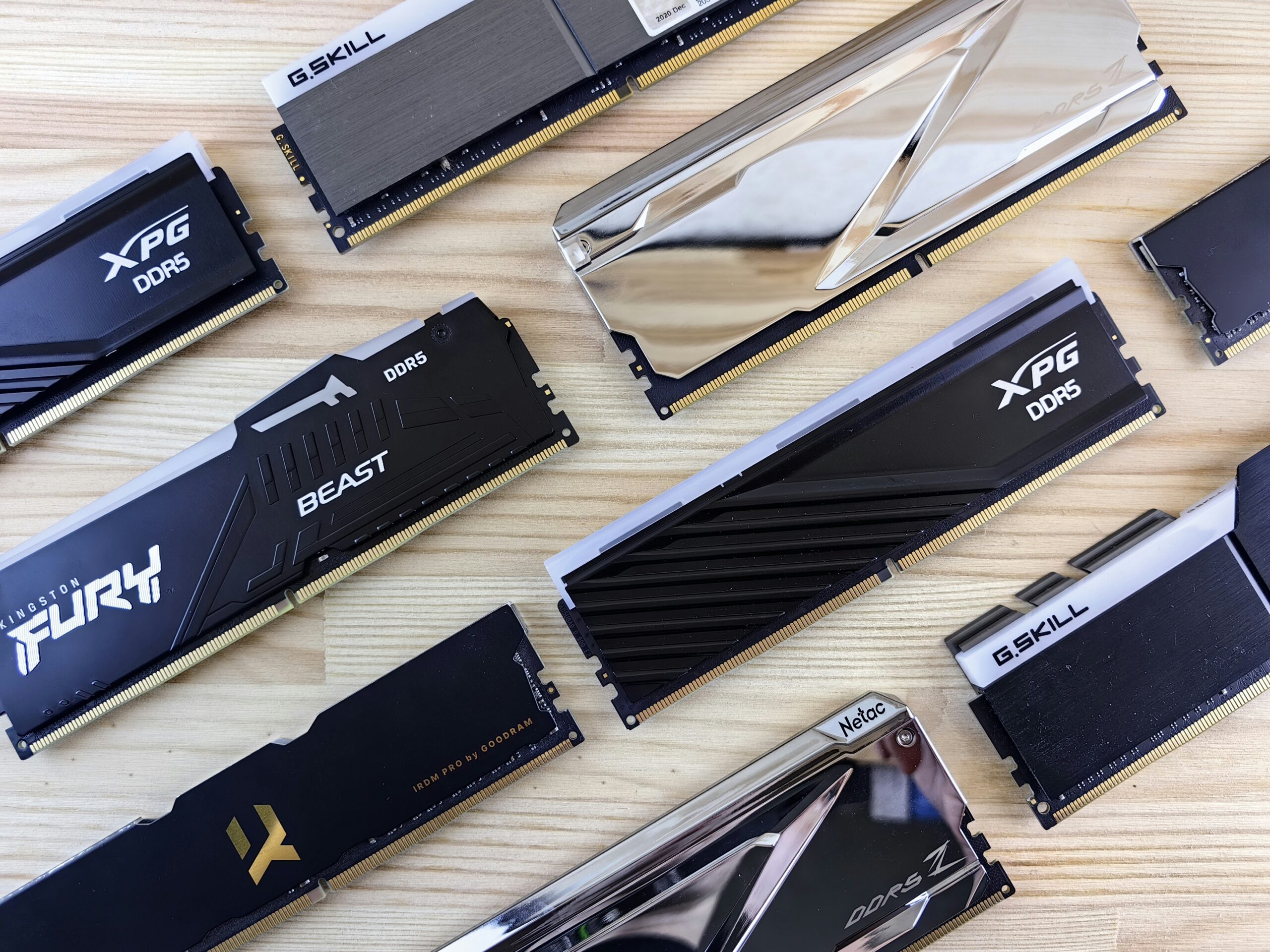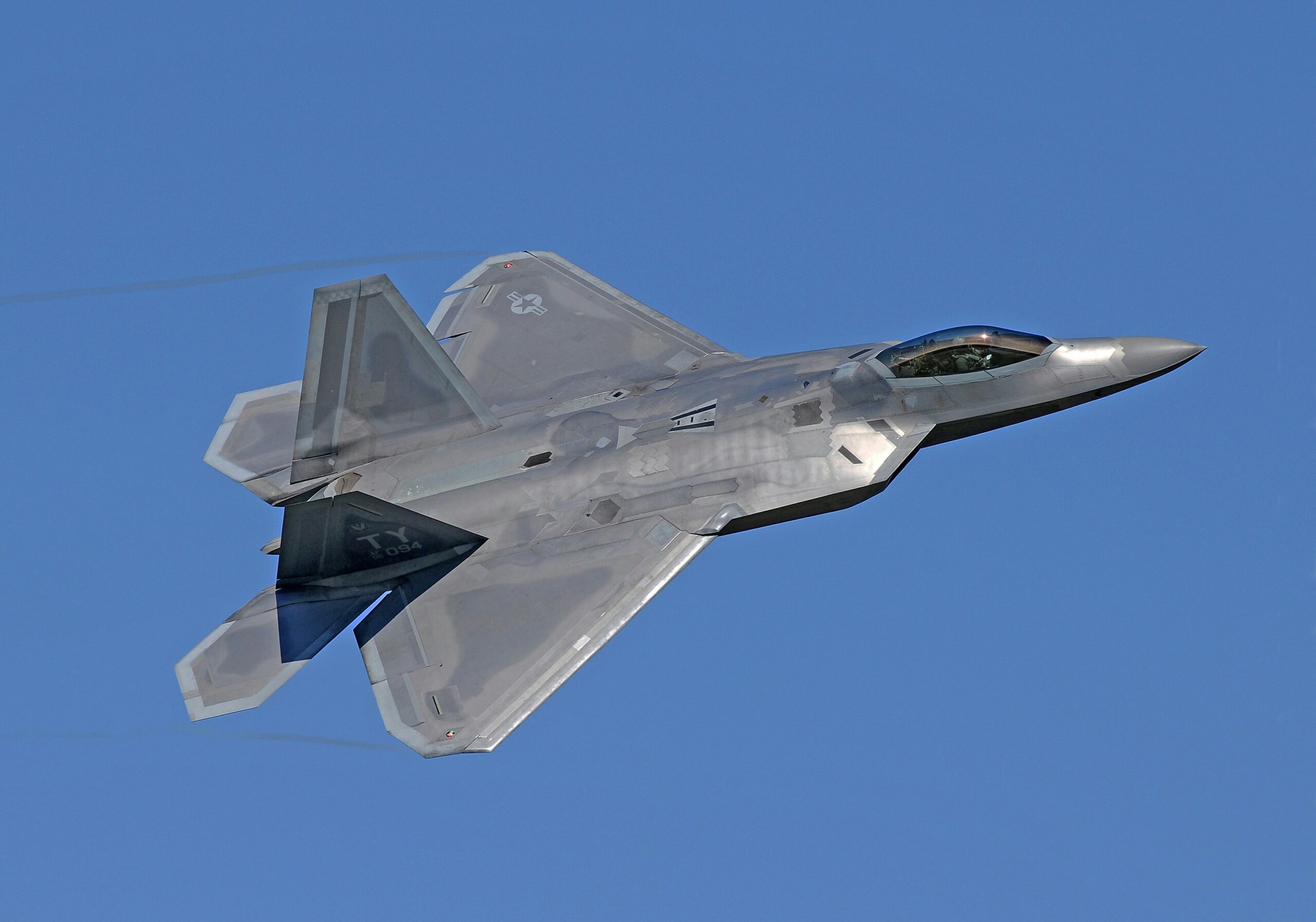 Chinese and American markets were off to a hot start this year...
Chinese and American markets were off to a hot start this year...
The S&P 500 Index climbed roughly 7% through the first quarter of 2023. And China's CSI 300 Index wasn't far behind, up roughly 5%.
The CSI 300 is basically China's version of the S&P 500. It's made up of the 300 largest companies in the Shanghai Stock Exchange and Shenzhen Stock Exchange.
This quarter, though, the two markets have gone their separate ways...
The S&P 500 continued its climb – now up 13% year to date. The CSI 300, on the other hand, is now down almost 1% this year.
Folks are chalking up the CSI 300's pullback to the weakening value of the yuan as well as the rising geopolitical tensions between the two countries.
However, there's another reason investors are running for the exits – and it's one that poses a serious threat to China's overall economy.
Today, we'll look at the biggest problem weighing on the Chinese market. As we'll show you, there's good reason for investors to steer clear...
 The reserve currency shake-up hasn't gone as planned...
The reserve currency shake-up hasn't gone as planned...
In late April, folks were wondering if the U.S. dollar would lose its status as the world's reserve currency.
There was a growing threat that Brazil, Russia, India, and China would band together and support a new reserve currency, most likely the yuan.
We said the idea was pretty far-fetched... And since then, the yuan has actually fallen about 3% versus the dollar.
That's partly because the U.S.-China rivalry is heating up...
You see, for years, the U.S. has been increasing restrictions on Chinese companies.
And recently, China banned domestic companies from purchasing U.S. semiconductor giant Micron Technology's (MU) memory chips. It's putting even more pressure on a key industry that both sides are struggling to control.
That has dragged the value of the yuan down, which makes it hard for the yuan to become the world's reserve currency...
And it makes it even harder to pull investors away from the current reserve currency.
Investors are starting to feel like they need to pick sides. And so far, it seems like many are placing their bets on the U.S...
Over the past few weeks, investors have sold billions of dollars' worth of Chinese equities. They're offloading their Hong Kong stocks and redistributing elsewhere.
But, as we said earlier, it's not just the weakening yuan and continued geopolitical tensions that's driving investors away...
 China's credit market is a ticking time bomb...
China's credit market is a ticking time bomb...
As we wrote back in December, China has $29 trillion in corporate debt – more than double America's corporate debt.
That's a countrywide default waiting to happen. And investors know that's risky...
One of the best ways we can gauge corporate credit risk is by looking at what's called "credit default swaps" ("CDS").
Essentially, CDS are insurance on bonds. When their values rise, it means borrowers are more likely to default... and their bonds are riskier.
Now, only a handful of Chinese companies actually have CDS. There just isn't a ton of demand to insure Chinese corporate bonds compared with other big credit markets.
Luckily, we've created our own metric to identify the fair value of a company's risk, which we call our "intrinsic CDS" (or "iCDS").
The iCDS builds off of the existing CDS calculation... while also leveraging the power of Uniform Accounting.
It takes into account the real risk factors a company is facing to understand what its real cost to borrow should be... and whether or not investors should stay away.
An iCDS above 500 basis points means a company carries a good amount of credit risk. An iCDS above 1,000 means the market expects the company to go bankrupt.
China's debt problem is worsening by the day. Folks are continuing to sell out of Chinese equities. And the iCDS calculation shows a similarly dire story...
A staggering 826 out of the 4,500 Chinese companies in our database have an iCDS over 500.
That means almost 20% of these companies are ladened with serious credit risk.
Investors aren't just fleeing the country's stock market to "choose sides"... They're running from what they see as a massive credit risk in China's corporate world.
We recommend you keep away as well.
Regards,
Rob Spivey
June 14, 2023



 Chinese and American markets were off to a hot start this year...
Chinese and American markets were off to a hot start this year...

